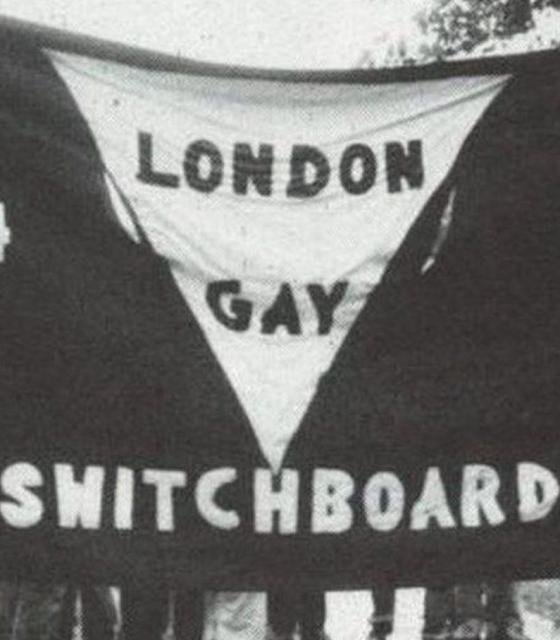The Switchboard Project, Camden People’s Theatre London Review
Written by Greta for Theatre and Tonic
2024 marks the 50th birthday of Switchboard, the British national LGBTQIA+ support line. The organisation was established to provide support and information to LGBTQIA+ individuals to navigate the complex landscape of the 70s, which has only become more nuanced and challenging since then.
The Switchboard Project, set in 1985 in the Switchboard’s office, follows four lesbian women volunteering for the organisation, striking an excellent balance between the individual story of each woman and the communities they are part of. The characters are strong and well-rounded across the board, played with thorough determination by the four leads Chakira Alin (Lou), Naphysa Awuah (Nana), Anna Georgina (Joan), and Áine McNamara (Irene).
The set and costume designs, curated by Izzie Sayer and Ella Muir, do a clever job of drawing the audience in, immersing us in the specific timeframe of the show without making us detach from the story. It is, and rightly so, very difficult to watch The Switchboard Project and dismiss the multifaceted issues portrayed as belonging to a past long gone. On the contrary, the piece is alive, questioning and resonant. Molly Bryne’s wonderfully paced direction helps greatly with this, delivering a highly polished one-hour production that goes by in an instant.
The show is a work-in-progress, but what’s already there is ripe and ready to go; the main progress worth envisioning is the development of a second act in which the established personal alliances consolidate or shift, and a brighter light is shone on the identities sitting closer to the centre of their respective spectrums, like bisexuality and gender non-conformity. There’s incredible potential in the backstories of the four protagonists, and I would love to see them explored in an expanded version of The Switchboard Project. The show explores the positioning of lesbian women in an organisation that, at the time, was still called The London Gay Switchboard and carried an expectation of a male-dominated leadership. The representation of misogyny within LGBTQIA+ spaces speaks directly to the current cases of transphobic views within the community. The Switchboard Project shows how alliances can be broken because of the intersectional struggles that cause people to still be discriminated against within a space that should represent unconditional safety, acceptance and solidarity; this is worth keeping in mind when developing the piece further.
There’s a pleasing sense of symmetry in considering that – as the space above Housman’s Bookshop in King’s Cross housed Switchboard when it opened in 1974 – the show telling its story is housed, in 2024, by Camden People Theatre, a venue which has been putting hard work at being a hub of LGBTQIA+ performance in the same area. A match made in heaven that allows The Switchboard Project to breathe outside of the theatre’s walls, and its message to reverberate deeply with the communities it celebrates and beyond.
★ ★ ★ ★ ★

